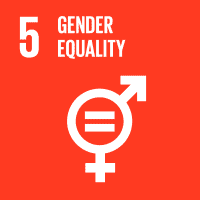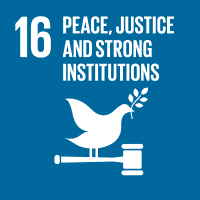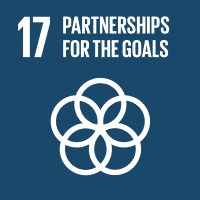GIZ is supporting women’s participation in society, politics and business in the Middle East. Like the predecessor project LEAD, the WoMENA project (Promoting Gender Responsive and Inclusive Politics and Economy in the MENA Region) is financed by the German Federal Ministry for Economic Cooperation and Development (BMZ). Together with partner The Jordanian National Commission for Women, GIZ is also promoting Nashmeiat, a network of women municipal politicians, as part of the project Strengthening Women Leaders and Their Meaningful Political Participation (WoPP).
Revisiting strong women in Jordan
Five years ago, akzente interviewed women elected to Jordan’s regional councils. Now we’re back in Jordan to visit them again.
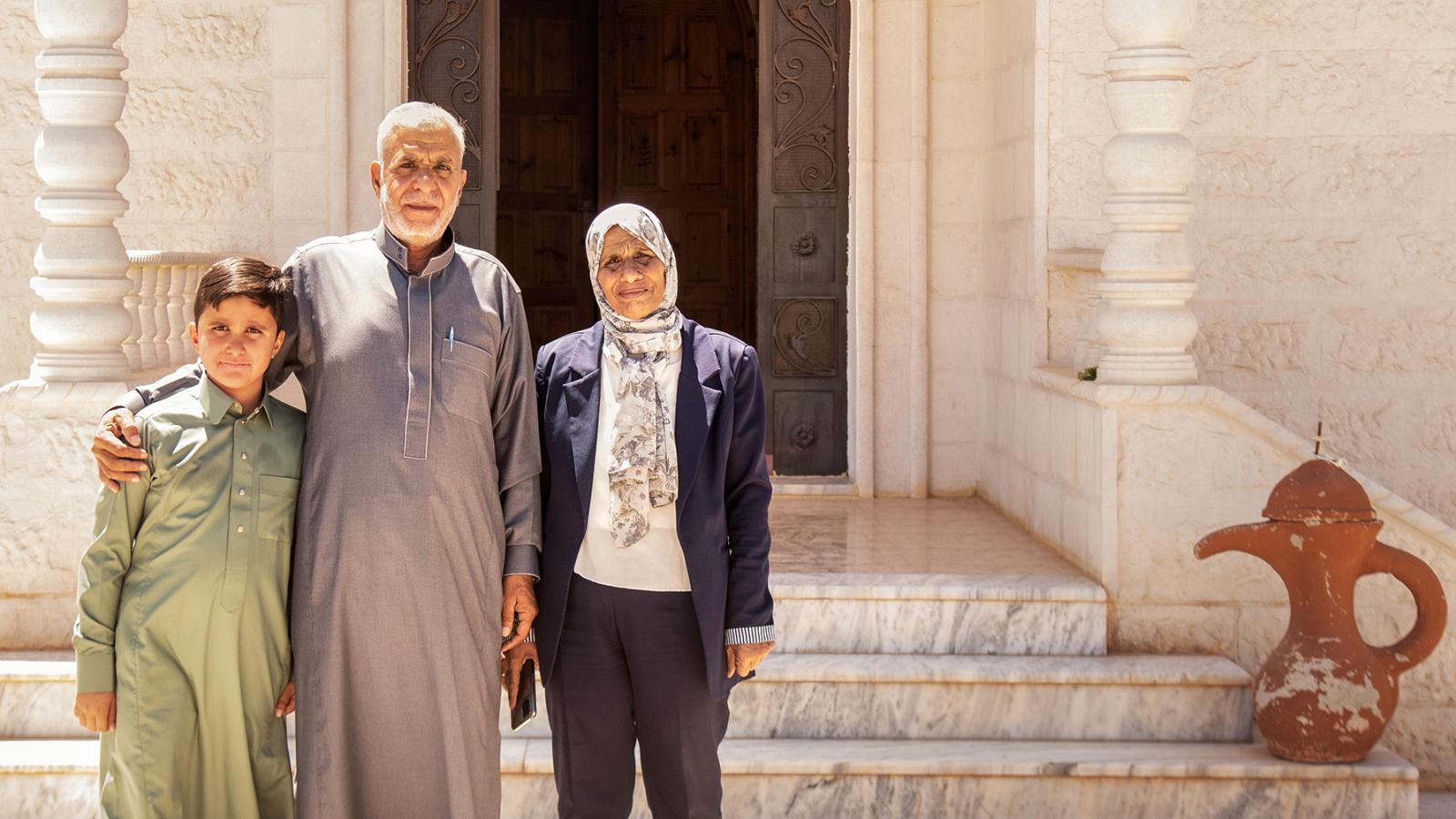
Aida Al Khattab with her husband and grandson
The welcome couldn’t be warmer. Aida Al Khattab is standing in front of her house in the city of Ma’an in southern Jordan and she is beaming. ‘You really came back,’ she says, embracing the women who have come to visit. She hugs them tightly, smiling from ear to ear. Even a national holiday didn’t keep her from receiving the guests from Germany and the Jordanian capital Amman. Her husband Fawaz Al Khattab and one of her grandsons also form a guard of honour to welcome the guests.
Aida belongs to a network of women in the Middle East who have received support to further their political, social or business participation through programmes implemented by the Deutsche Gesellschaft für Internationale Zusammenarbeit (GIZ) GmbH on behalf of the German Government.
In the 2018 report Breaking New Ground Together, akzente first introduced Aida and her colleague Manar Abu Rumman from the town of Salt. Since then, a lot has happened – worldwide, in Jordan, and in the lives of the two women.
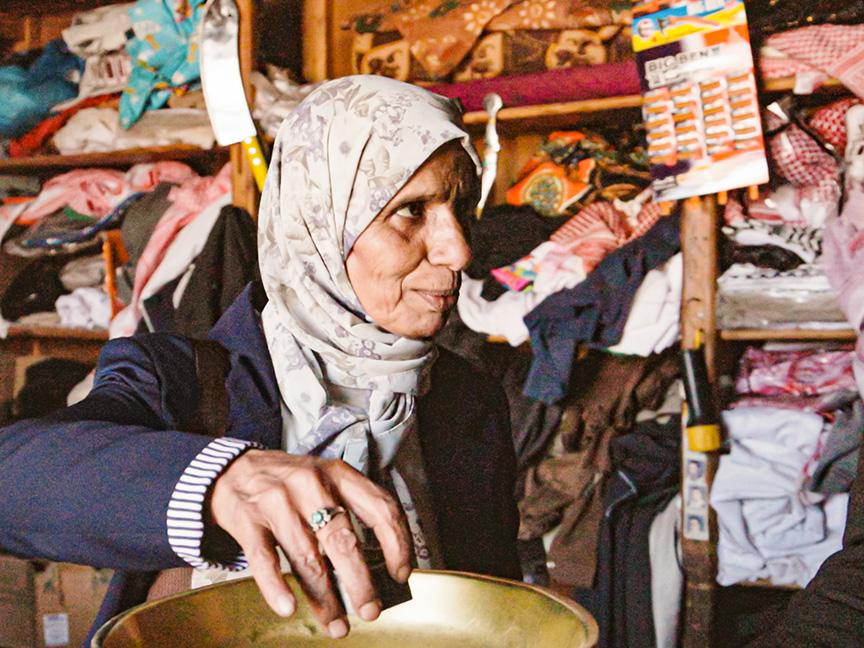
Keeping parliamentary elections in mind
Before the Khattab family, with their typically warm Jordanian hospitality, all gather around the table to enjoy maqluba, a traditional rice dish, Aida reports on the changes of the last few years. Until 2022, she was Vice-President of the council of Jordan’s largest governorate – the first woman to hold this office in the Arab country.
But after four years in office, Aida decided to run for the Ma’an municipal council. While this may look like a political step backward at first glance, it was actually a deliberate decision. ‘The work at municipal level allows me to serve the local community directly and I run into the people I work for on a daily basis.’ The area around Ma’an, a three-hour drive from the capital Amman, is considered extremely conservative. But Aida was voted on to the municipal council with a huge lead. ‘With votes from women and from many men,’ she points out proudly.
Aida’s committed work in the region is preparing her for her next goal: the 2024 parliamentary election. Aida, who did not enter politics until 2017, following a long career as a school principal, wants to represent citizens from the south of the country in the Jordanian Parliament. She says this without any hesitation.
The situation is less clear for Manar Abu Rumman. For three years, Manar served on the council of Al-Balqa governorate and worked on behalf of the people in this region, north-west of Amman. When she entered the race for the parliamentary election in 2020, Jordan was in the grip of the COVID-19 pandemic.
‘I saw that people were afraid to go to the polls in case they got sick. The isolation caused by the restrictions just exacerbated the fear,’ Manar says. In this situation, she tells us, men joined forces – for fear they might lose their seats to women. ‘Women often lack the money and the connections to run a campaign the way men do,’ she says. While she was supported by her family, she was unable to compete with the established networks of the men. And in fact she did fail to win a seat in parliament. When Manar shares the story of the election campaign, she can barely conceal her disappointment. ‘Communication was complicated and people were facing all kinds of economic, social and psychological challenges.’
Today, Manar is pursuing a career outside politics. Since 2021, she has worked for a large shipping company in Amman. In this job, not only has she gained professional experience in the import/export business; she has also broadened her understanding of economic and social problems. ‘Now I really understand the role of trade, and how challenges like rising diesel prices and logistical problems affect each and every person in the country.’
She is enjoying her new job. When we ask whether she would consider standing for election again, Manar says it would depend on the political conditions and her chances of winning. She still sees a great many challenges for women in Jordan.
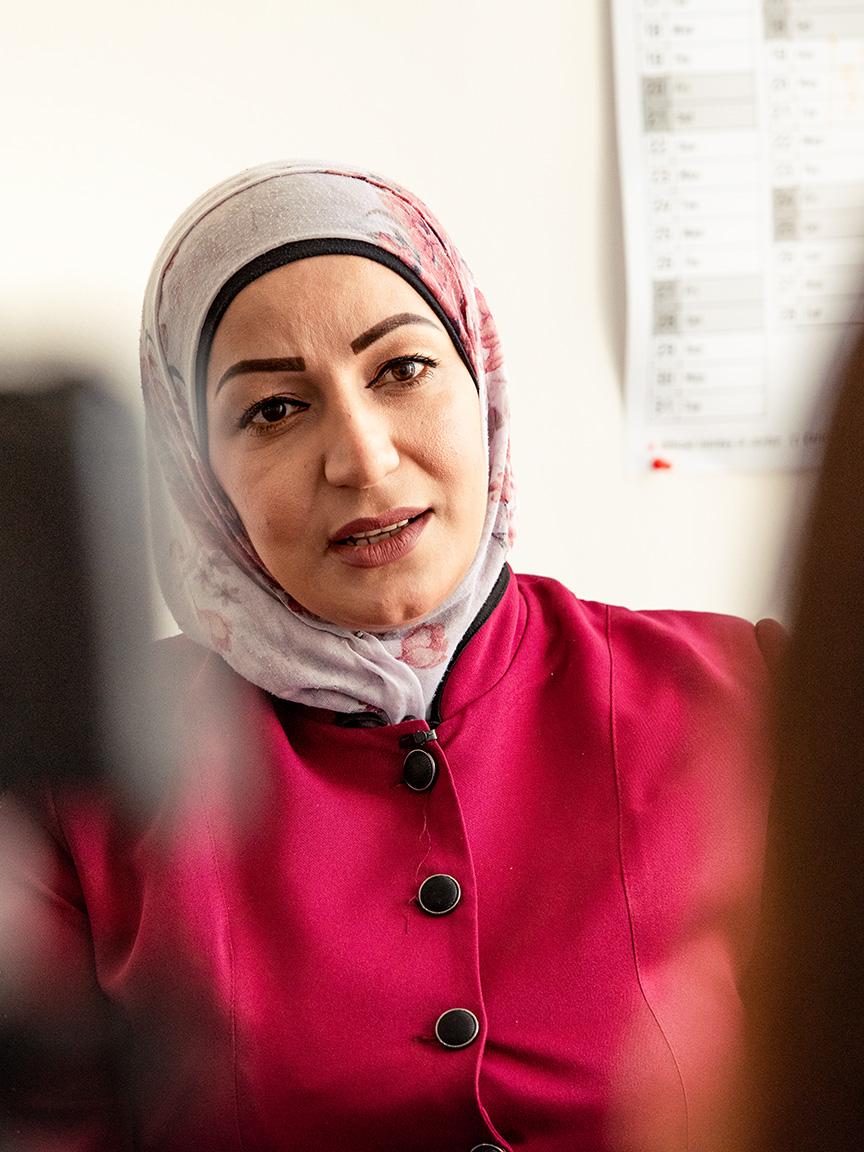
Manar Abu Rumman
What role does gender equality play in Jordan?
Jordan’s government emphasises its commitment to gender equality. The gender gap is to be closed by 2030 – at least, that is the ambitious official line that appears to reflect changes in society. For instance, in the latest country-wide survey of the Arab Barometer, a clear majority agreed that women should have the same rights as men.
The challenges are still daunting on many levels. Two thirds of the survey respondents said that men are better political leaders, for example. And although women account for a high percentage of higher educational qualifications, only some 15 per cent of the women in Jordan are gainfully employed, one of the lowest female labour force participation rates in the Middle East. The Ministry of Labour has responded to this and in late May 2023 launched a well-financed fund to foster women’s economic participation.
In 2022, several political and legal reforms were also introduced. For example, the term ‘women’ has been explicitly included in the title of the ‘Rights and Duties’ section of the Jordanian Constitution for the first time. Previously, it only mentioned ‘Jordanians’ in the grammatical masculine form. The change was controversial. For conservatives, it went too far, while for several women’s groups it did not go far enough. In addition, a law on political parties was updated in order to include more women and young people. However, Jordanian media report that awareness of these reforms in the country is still limited.
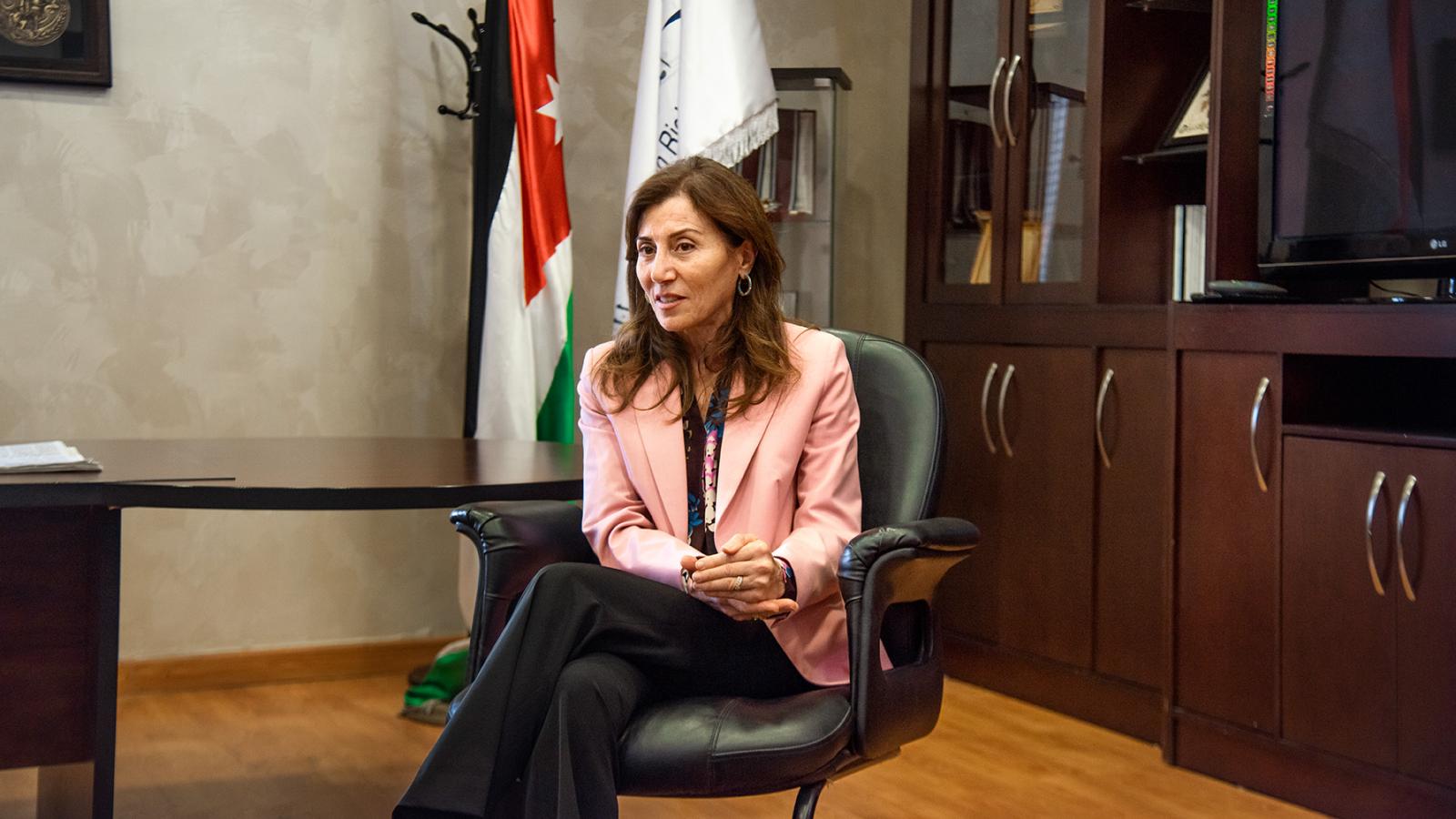
Samar Haj Hasan, Jordanian women’s rights activist
Female role models
‘We are in a sort of transition period,’ says Samar Haj Hasan in the interview with akzente. The well-known Jordanian women’s rights activist is the Chairperson of the Board of Trustees of the National Centre for Human Rights (NCHR) and a member of the Royal Committee to Modernise the Political System. The royal family is one of the prominent supporters of gender equality, Samar Haj Hasan points out, citing a great deal of movement in Jordan. ‘But we have to make women who tear down barriers and are role models even better known’ – women like Aida Al Khattab and Manar Abu Rumman, both of whom have overcome obstacles in a society that to date has been dominated by men. ‘We have overcome this stigma that limited women in the past,’ Aida says. She posts about her political work on social media platforms every day, motivates others and exudes optimism and determination. And as she bids us farewell, that’s the impression she leaves us with – no one can stop her.
